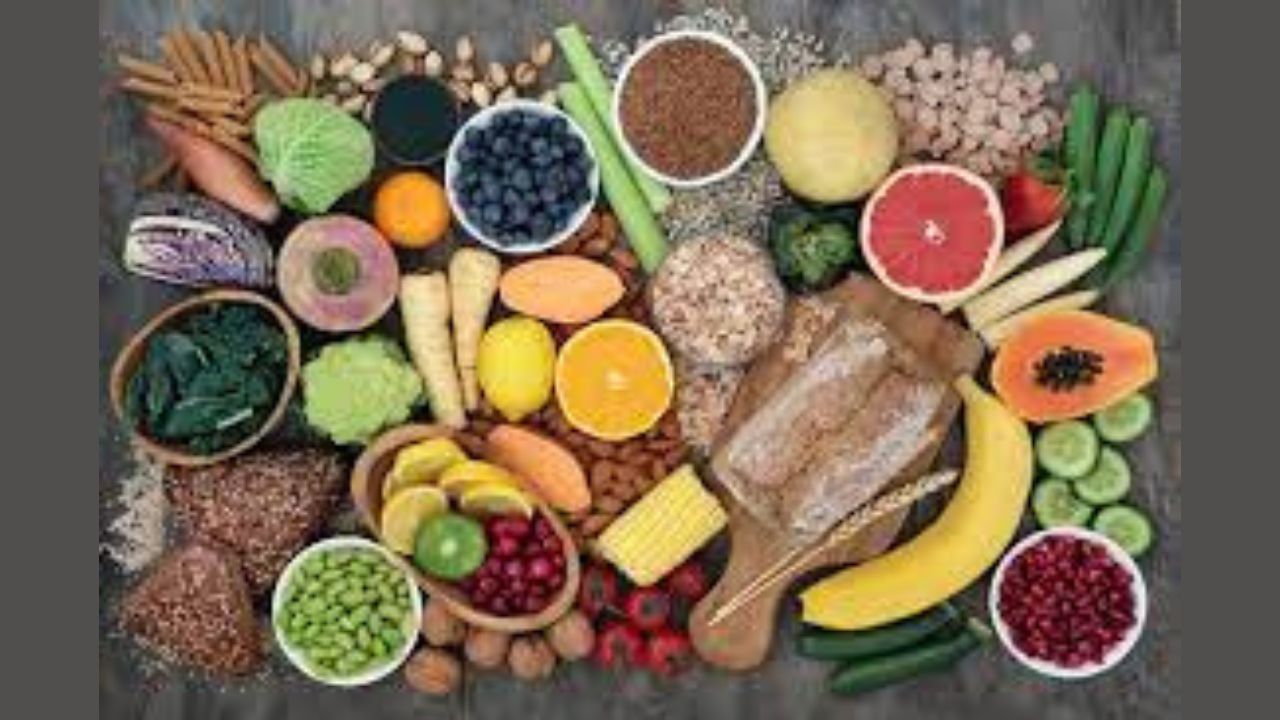We’ve all heard the saying, “You can never have too much of a good thing.” This is especially true of healthful foods, which when consumed in excess can be harmful to our health. For instance, consuming too much fiber can have a variety of negative impacts, such as constipation, bloating, and poor nutrient absorption. Dietary fiber is without a doubt important for maintaining regular bowel movements, decreasing cholesterol, managing blood sugar, maintaining a healthy weight, and generally extending life by preventing many chronic diseases.
Fruits, whole grains, beans, and legumes are all excellent sources of fiber. Women should consume 21 to 25 grams of fiber daily, whereas males should consume 30 to 38 grams. One should spread out their fiber intake over multiple meals rather than consuming it all at once. When we consume too much fiber at once, it causes dehydration in the digestive system, which can result in a variety of digestive problems. If you believe you have consumed too much fiber, drink more water and become more active to stimulate bowel movement.
Five negative impacts of excessive fiber intake are:
1. Digestive problems
If you eat too much fiber, you may have a variety of gastrointestinal problems, such as gas, bloating, and stomach pain. You should give your body enough time to break down and digest the foods that are high in fiber. But, if you consume too much fiber in a short period of time, you risk feeling bloated or possibly experiencing gastrointestinal pain. Your entire digestive system is disrupted as a result, and you are very uncomfortable.
2. Poor nutrition uptake
Our bodies also need a variety of healthy nutrients, including minerals, vitamins, healthy fats, and fiber. The efficient assimilation of the vitamins and minerals our bodies require is hampered by an excess of fiber. Minerals like calcium, zinc, and iron are just a few that are negatively impacted by consuming too much fiber. So, you must make sure that your daily meals contain the appropriate amount of fiber.
3. Diarrhoea
Diarrhoea or loose stools may result from abruptly consuming a large amount of fiber. While eating excessive amounts of high-fiber foods like bananas, apples, oats, spinach, tomatoes, and many others, people frequently feel unsettled stomachs.
4. Intestinal problems
Your body needs time to completely absorb the entire fiber. Consuming too much fiber might disrupt your digestive system and result in intestinal obstruction. It becomes challenging for the body to digest fiber, particularly when it is not getting enough water. If not addressed right away, it may become a serious health problem. Hence, to avoid these health issues, make sure you are drinking enough water and consuming only a small amount of fiber.
5. Constipation
You might be surprised to learn that eating too much fiber can cause constipation and diarrhea. Fibre comes in two varieties: soluble and insoluble. While soluble fiber is excellent for regulating blood sugar levels, too much of it can cause digestive problems and constipation. If you consume fiber, be sure to drink enough water and other fluids and keep your body active by engaging in some sort of exercise or physical activity.

 हिंदी
हिंदी






